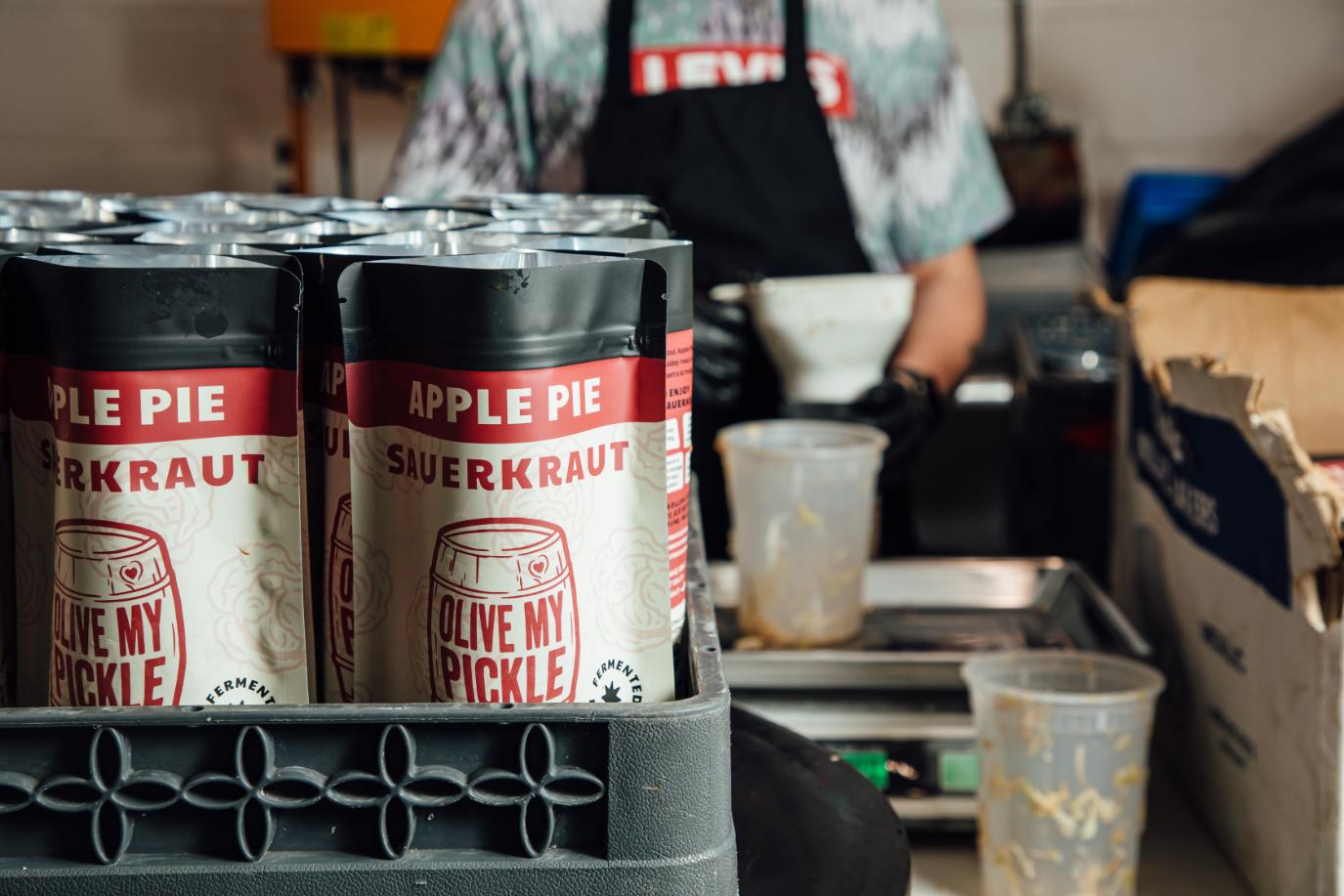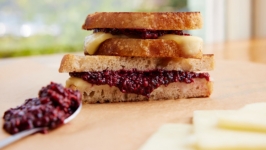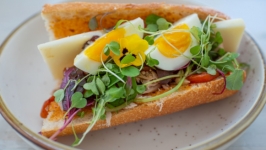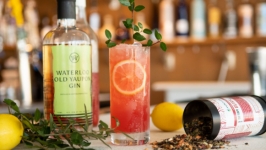Fermented Foods
In our fast-paced world, convenience takes precedence. We rush to complete tasks quickly, often in a state of constant urgency. This feeling can be exhausting and rob us of the opportunity to fully appreciate life's precious moments. Thankfully, the concept of slow living invites us to appreciate simple pleasures and reconnect with the natural world around us. One such pleasure is the mindful appreciation of food, particularly the flavors and health benefits of fermented foods.
Fermentation is an ancient food preservation technique that harnesses the power of bacteria and yeasts in our environment to transform ingredients, creating multidimensional flavors and numerous health benefits. This practice has woven its way through the tapestry of human history. From the ancient Egyptians mastering the art of leavened bread to the traditional Korean process of creating flavorful kimchi, every corner of the globe has embraced some form of fermentation. The process is simple and converts carbohydrates (found in ingredients such as milk, cabbage or cucumbers) into alcohols and acids through the natural actions of microorganisms such as yeast and bacteria.
Adding fermented foods to your diet offers many health advantages. They're rich in probiotics, which have been shown to support gut health, digestion and immunity thanks to two power players that occur as the byproduct of fermentation: lactic acid and acetic acid. Lactic acid promotes healthy gut bacteria which increases nutrient absorption, while acetic acid has been shown to help control blood sugar levels by slowing down the digestion of carbohydrates. Research continues on the gut-brain axis, as more and more evidence reveals the powerful connection between gut health and overall well-being.
While we may prepare much of our food from scratch, the process to create certain ingredients such as fermented items like sauerkraut, kimchi and olives may be too prolonged and best left to those who have mastered the art of fermentation. Enter Shai and Charlotte Tzabari, the passionate duo behind Olive My Pickle and The Pickle Factory, who have adopted a family tradition and turned it into a thriving business featuring a variety of fermented foods.Shai brings to life the time-honored traditions of his family in Israel. He started Olive My Pickle to honor his mother's pickle-making traditions. As he dove deeper into fermentation, he discovered the importance of balancing four essential elements: time, temperature, salinity and an oxygen-free anaerobic environment. This journey led Shai to explore the gut-brain axis and its connection to overall well-being. His fascination with microbial health and the human genome inspired him to create fermented foods that benefit the microbiome – an aspect of health often overlooked in our fast-paced world.
Olive My Pickle's products are produced using lacto-fermentation, a method that uses salt to transform fresh vegetables into preserved foods. Compared to pickled vegetables that rely on vinegar, sugar and/or heat-canning preservation, lacto-fermented vegetables take on specific taste components and nutritional and health characteristics. In a meticulously controlled process, vegetables are submerged in a saltwater brine, creating an anaerobic environment where harmful bacteria are eliminated and beneficial bacteria thrive. Nurtured by generations of Tzabari’s family knowledge, this delicate balance results in health-boosting properties that make Olive My Pickle's creations popular not just in Jacksonville but across the country. "We believe in the power of delicious, fermented foods to bring people together and nourish our community from the inside out," says Charlotte. Olive My Pickle's unique approach to fermentation highlights the importance of enzymes in fermented foods, which are often under-recognized for their health benefits. They've built a community that recognizes healthy living as a lifestyle, not a passing fad.
The Tzabaris are devoted to spreading the incredible benefits of fermented foods to a wide audience. As Olive My Pickle continues to expand, they captivate both loyal fans and newcomers alike with innovative flavors and a steadfast commitment to quality. Their mission goes beyond just creating delicious products; they strive to make fermented foods accessible and enjoyable for everyone. Although the process of fermentation requires patience, the widespread availability of fermented foods makes incorporating them into our diets effortless and enjoyable. “You don’t need to eat a lot in order to reap the benefits,” says Charlotte. In fact, it’s better if you start slow. By simply adding one to two tablespoons of your favorite fermented food to your daily menu, you are already on your way to better gut balance and health. Fermented foods are not just nutrient-rich and gut-friendly; they also serve as a gentle reminder that good things take time.
Incorporate fermented foods easily with these ideas:
• Add plain yogurt to tacos
• Mix kimchi into rice, soup or noodles
• Swap a soda with a refreshing kombucha
• Try baking sourdough
• Pick up some locally made pickles from Olive My Pickle

















